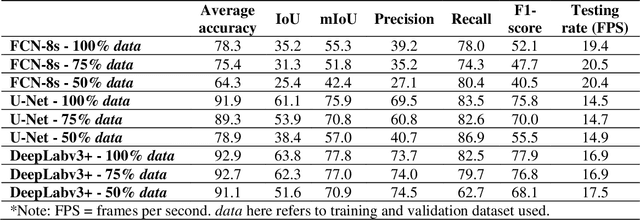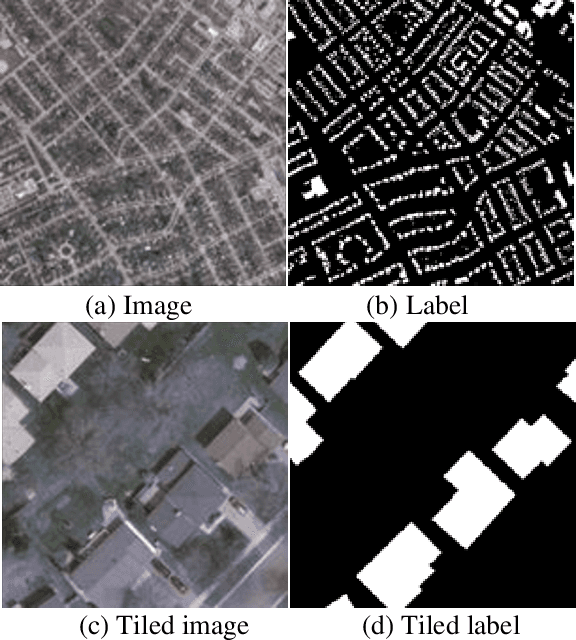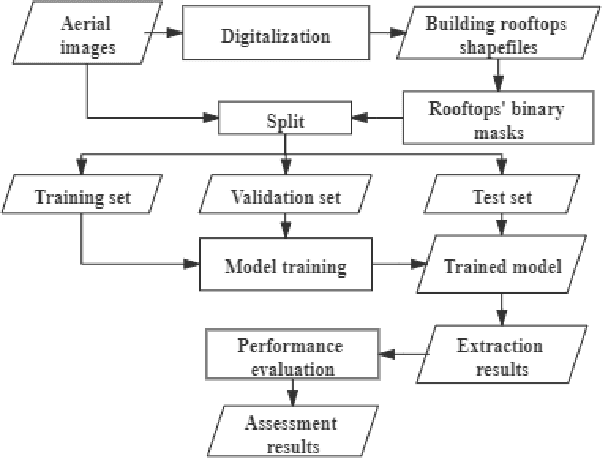Zhehan Zhang
Using a CNN Model to Assess Visual Artwork's Creativity
Aug 02, 2024



Abstract:Assessing artistic creativity has long challenged researchers, with traditional methods proving time-consuming. Recent studies have applied machine learning to evaluate creativity in drawings, but not paintings. Our research addresses this gap by developing a CNN model to automatically assess the creativity of students' paintings. Using a dataset of 600 paintings by professionals and children, our model achieved 90% accuracy and faster evaluation times than human raters. This approach demonstrates the potential of machine learning in advancing artistic creativity assessment, offering a more efficient alternative to traditional methods.
A comparative study of deep learning methods for building footprints detection using high spatial resolution aerial images
Mar 16, 2021


Abstract:Building footprints data is of importance in several urban applications and natural disaster management. In contrast to traditional surveying and mapping, using high spatial resolution aerial images, deep learning-based building footprints extraction methods can extract building footprints accurately and efficiently. With rapidly development of deep learning methods, it is hard for novice to harness the powerful tools in building footprints extraction. The paper aims at providing the whole process of building footprints extraction from high spatial resolution images using deep learning-based methods. In addition, we also compare the commonly used methods, including Fully Convolutional Networks (FCN)-8s, U-Net and DeepLabv3+. At the end of the work, we change the data size used in models training to explore the influence of data size to the performance of the algorithms. The experiments show that, in different data size, DeepLabv3+ is the best algorithm among them with the highest accuracy and moderate efficiency; FCN-8s has the worst accuracy and highest efficiency; U-Net shows the moderate accuracy and lowest efficiency. In addition, with more training data, algorithms converged faster with higher accuracy in extraction results.
 Add to Chrome
Add to Chrome Add to Firefox
Add to Firefox Add to Edge
Add to Edge